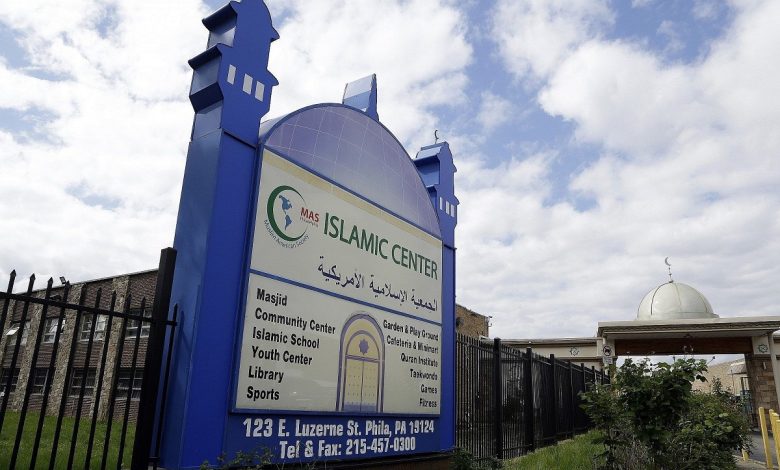Are There Muslims in Philadelphia? A Deep Dive into the City’s Muslim Community
Exploring the history, presence, neighborhoods, and institutions of Philadelphia's diverse Muslim population.

Philadelphia, often called the “City of Brotherly Love,” is not only known for its historic role in American independence but also for its vibrant and diverse Muslim community. Today, Muslims in Philadelphia represent one of the largest concentrations of Muslims in any American city.
Their presence can be felt in the neighborhoods, mosques, schools, and cultural institutions that shape the city’s identity. From African American Muslims whose roots in Islam date back generations, to immigrant families from South Asia, the Middle East, and Africa, Philadelphia has become a thriving hub of Islamic life in the United States.
1. The Presence of Muslims in Philadelphia
Muslims are indeed a significant and growing part of Philadelphia’s cultural landscape. According to data, neighborhoods including Northeast, North Philadelphia, Center City, West Philadelphia, and surrounding suburbs house the largest concentrations of Muslims in the city. Moreover, recent data suggests Philadelphia’s metro area has surpassed even Detroit and New York in terms of its proportion of Muslim residents.
2. Demographic Composition & Cultural Identity
Philadelphia stands out with its majority-Black Muslim population, a characteristic that sets it apart from other U.S. cities where Muslim communities are largely immigrant-based. Local leaders suggest that a deeper cultural integration exists because many Muslims in Philadelphia are native-born African Americans.

3. Mosques & Islamic Institutions
-
Masjid Al-Jamia (West Philadelphia): Established in 1988 by the Muslim Students Association of the University of Pennsylvania, this mosque now serves a diverse community including immigrants from Bangladesh, Mali, Egypt, and more.
-
Philly Mosque / Bait Ul Aafiyat (North Philadelphia): Completed in 2018, this Ahmadiyya mosque cost approximately US $7 million. Its three-floor structure includes a prayer hall for 700 worshippers, a library, offices, a commercial kitchen, and accommodation rooms.
-
Al-Aqsa Islamic Academy: An Islamic day and weekend school (K-12) serving the community since 1996. It offers religious and Arabic studies and has participated in interfaith initiatives in Philadelphia.
4. Community Hubs & Neighborhoods
Community members and locals often point to Germantown and the surrounding areas (sometimes referenced as “Gtown”) as central Muslim neighborhoods. Notable mosques like Masjid as-Sunnah an-Nabawiyyah on Germantown Avenue are popular not just locally but internationally known for their educational outreach.
5. Historical Roots & Social Dynamics
Philadelphia was once a stronghold for the Nation of Islam, hosting numerous affiliated temples. After the passing of Elijah Muhammad in 1975, many followers transitioned to traditional Sunni Islam under the leadership of W.D. Mohammed.
Socioeconomic data shows Muslims in the region, both Black and non-Black, often face lower income levels compared to their non-Muslim counterparts—factors that influence residential patterns and economic opportunities.
Quick Highlights
| Aspect | Insight |
|---|---|
| Yes, Muslims are present | Large and active Muslim population across several neighborhoods |
| Key mosques | Masjid Al-Jamia, Philly Mosque, Al-Aqsa Islamic Academy |
| Demographics | Predominantly Black and native Muslim communities, with growing immigrant presence |
| Community center areas | Germantown, North Philly, West Philly, continuing into suburbs |
| Historical significance | Roots in Nation of Islam; today’s community centers around diverse, integrated identity |

Philadelphia is not just home to Muslims—it is an influential hub where Islam’s American identity is deeply rooted and continuously evolving. From major mosques like Masjid Al-Jamia and Philly Mosque to neighborhoods steeped in history, the city offers a rich tapestry of tradition, growth, and community.
Let me know if you’d like a deeper look into mosques, community programs, or personal stories from Philadelphia’s Muslim residents!



